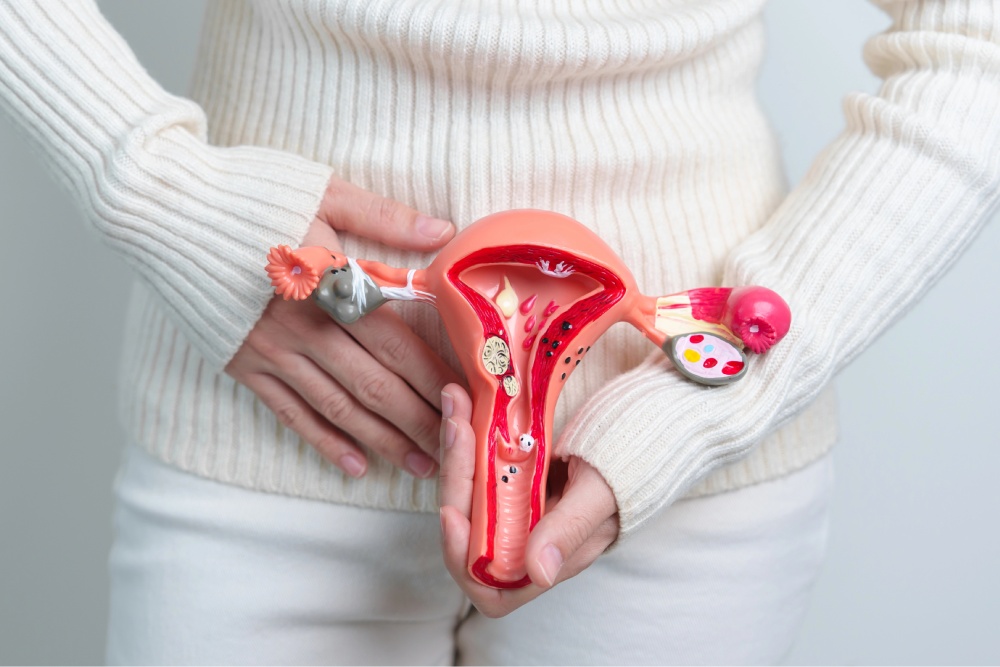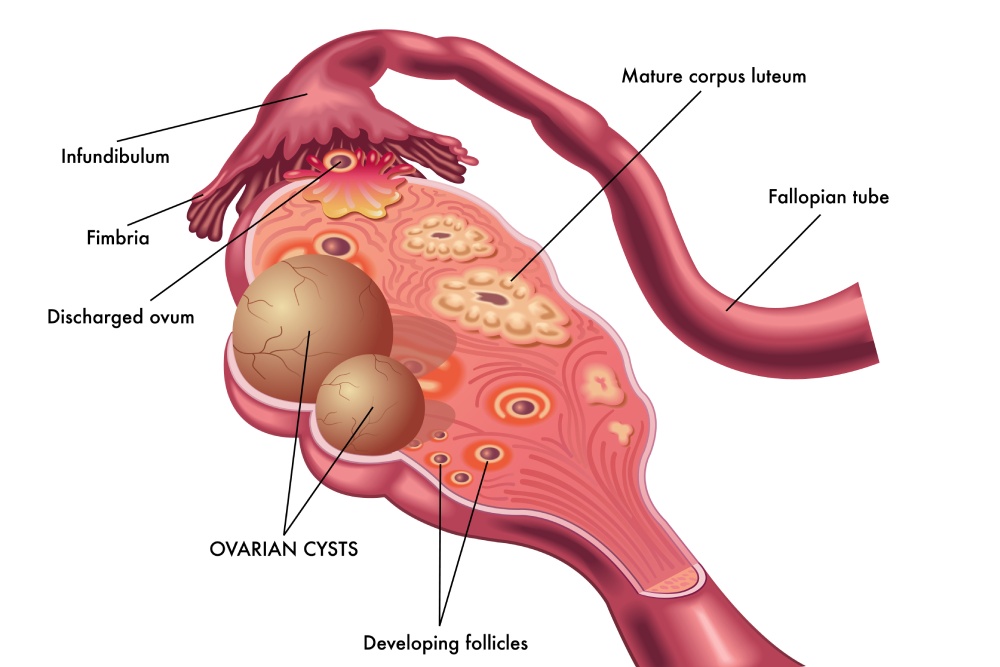
Surgical Solutions: Exploring Hysterectomy As A PCOS Treatment
Polycystic Ovary Syndrome affects millions of women worldwide, often bringing challenges like irregular periods, hormonal...
Read MoreMenopause is a natural phase in every woman's life. It starts in your 40s or 50s — but although it’s natural, that doesn’t mean it’s easy.
For many women, menopause brings challenging symptoms that range from hot flashes and sleep disturbances to mood swings and weight gain. Living a healthy lifestyle can help keep symptoms to a minimum, but if you’re looking for other ways to feel more like yourself again, you’re not alone.

Our team at The Women's Center specializes in menopause care in the Orlando, Florida, area. We work with women to find menopause management strategies that work for them. If you're struggling with the transitions of menopause, here are a few options you may not have thought of yet.
Meditation is a technique that has the power to relieve many menopausal symptoms. The practice of mindful meditation involves staying fully present in the moment and learning to better cope with anxiety, stress, and mood swings.
Getting started with meditation is simple. Try a guided meditation app or ask our team for recommendations. By incorporating mindfulness into your daily routine, you can improve your emotional well-being and reduce the intensity of menopausal symptoms.
Regular physical activity helps reduce menopausal symptoms and prevent weight gain. Yoga in particular offers a host of other benefits.
Yoga not only improves your flexibility and strength, but also reduces stress and promotes relaxation. Gentle, restorative yoga poses are particularly beneficial for managing hot flashes and sleep disturbances.
Aromatherapy is a growing wellness trend that involves using essential oils to promote physical and emotional well-being.
Certain essential oils, like lavender and peppermint, can ease anxiety, improve sleep, and even reduce hot flashes. You can try using essential oils in diffusers, as massage oils, or in a warm bath.
Cognitive behavioral therapy (CBT) is a type of psychotherapy that focuses on identifying and modifying negative thought patterns and behaviors.
It can be a helpful tool for menopause management, because you can learn tools to manage the mood swings and emotional instability that may accompany menopause.
Hormone replacement therapy (HRT) is a medically supervised approach to managing menopause. We may recommend HRT for severe menopausal symptoms that aren’t relieved with conservative care.
With HRT, you take hormones like estrogen and progesterone to replace the declining levels in your body. Treatment can alleviate hot flashes, vaginal dryness, and mood swings, making it a highly effective option for many women.
If you’re concerned by the vaginal changes that come with menopause, MonaLisa Touch could be a good option for you. It’s a noninvasive laser treatment designed to revitalize the delicate skin of your vaginal area.
MonaLisa Touch addresses common issues related to menopause, including:
Treatment is painless and there’s no downtime required. It’s possible to see the benefits after just one session, and most women see optimal results with a series of three sessions.
Menopause is challenging, but help is available. Find menopause management strategies that work for you with help from our team at The Women’s Center. Call one of our 11 locations around Orlando or book an appointment online today.




Polycystic Ovary Syndrome affects millions of women worldwide, often bringing challenges like irregular periods, hormonal...
Read More
Ovarian cysts after menopause may seem uncommon, but they can still develop even when the...
Read More
Uterine fibroids are one of the most common benign growths affecting women. By age 50,...
Read More